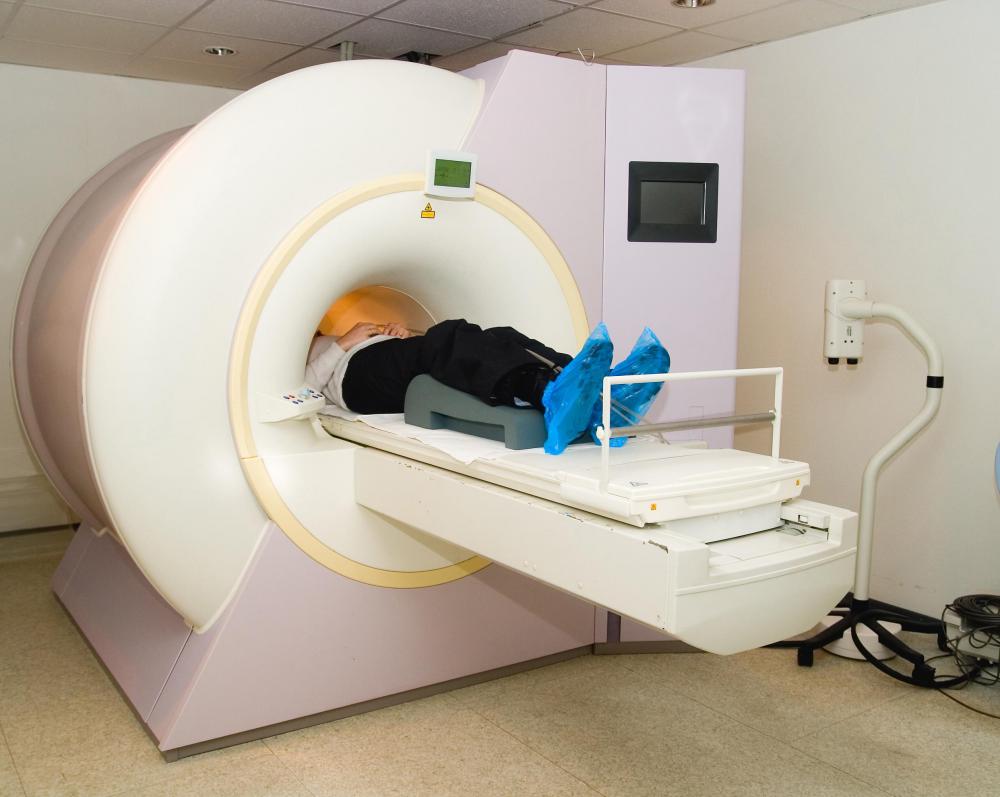At TheHealthBoard, we're committed to delivering accurate, trustworthy information. Our expert-authored content is rigorously fact-checked and sourced from credible authorities. Discover how we uphold the highest standards in providing you with reliable knowledge.
What is Outpatient Treatment?
Many define outpatient care as medical care that doesn’t require overnight hospitalization. This includes most types of health care, like doctor’s visits, lab tests, and sonograms. Outpatient treatment may also fit this definition, or it can more specifically refer to certain types of treatment procedures and rehabilitation services.
Confusion can exist about where outpatient treatment takes place. The term outpatient doesn’t mean you can’t get service in a hospital. Many people have outpatient treatments or care in large hospital settings, although they can also have such care in smaller settings, cardiac care centers, surgical centers, ambulatory care facilities, urgent care centers, or even doctor’s offices. The real difference is what happens after the treatment is rendered. Inpatient treatment means a person will stay in the hospital at least overnight. Outpatient care means they’ll go home once they’ve recovered sufficiently from medical care rendered.

Sometimes outpatient treatment is contrasted with outpatient surgery. Treatments could include administering chemotherapy, giving doses of intravenous antibiotics, performing magnetic resonance imaging (MRIs) or computerized axial tomography (CAT) scans, doing stress testing, or performing echocardiograms or sonograms. Other treatments that do require surgery either through laparoscopy or via incision may be more accurately classed as outpatient surgery instead of outpatient treatment. The line between the two isn’t always clear, and some might view a cardiac catheterization as a treatment while others view it as a semi-surgical procedure.

In other cases, outpatient care doesn’t typically refer to testing or administration of medications. Instead, it can be thought of as rehabilitative measures. These can be addressed to deal with mental or psychological issues. For instance, there are many day outpatient care centers that help people cope with extreme mental illness, and provide vigilance during the day, in addition to counseling and group work. Unlike a mental hospital, patients are usually free to enter or exit at any time, and leave for home at the end of each daylong session.

Another form of outpatient treatment that is rehabilitative is geared toward those recovering from alcohol and/or drug addiction. These centers also allow patients to enter and exit as desired and patients do go home at night. Both mental health and addiction centers can have long-lasting programs. People may attend them for several weeks to several months depending on need.

Outpatient care that includes rehabilitation may also apply to people getting help from physical therapists. Various treatments may be tried in hospitals, physical therapy centers or sports medicine centers to help people recover from a variety of injuries. Sometimes these continued treatments can take the length of a day, but patients are not hospitalized in between treatments.
AS FEATURED ON:
AS FEATURED ON:














Discussion Comments
@jellies- Intensive outpatient rehab (or IOP) seems to generally include alcohol and drug addiction. Some intensive outpatient rehab facilities deal with mental illnesses including anxiety, depression, mood disorders, and personality disorders as well as compulsive disorders, like eating disorders, gambling and shopping addictions. Stroke victims may also benefit from intensive outpatient rehab.
I didn't realize outpatient care went beyond rehab. The word 'outpatient' made it sound, to me, like care took place outside a hospital. I'm glad this article cleared that up for me. Now that I get it, I have received both inpatient and outpatient care. No rehab though. What kinds of outpatient rehab are considered intensive?
Post your comments